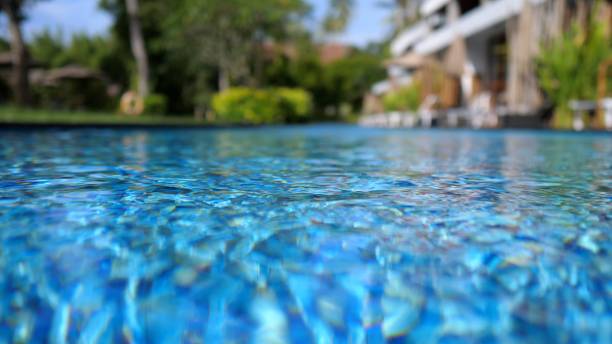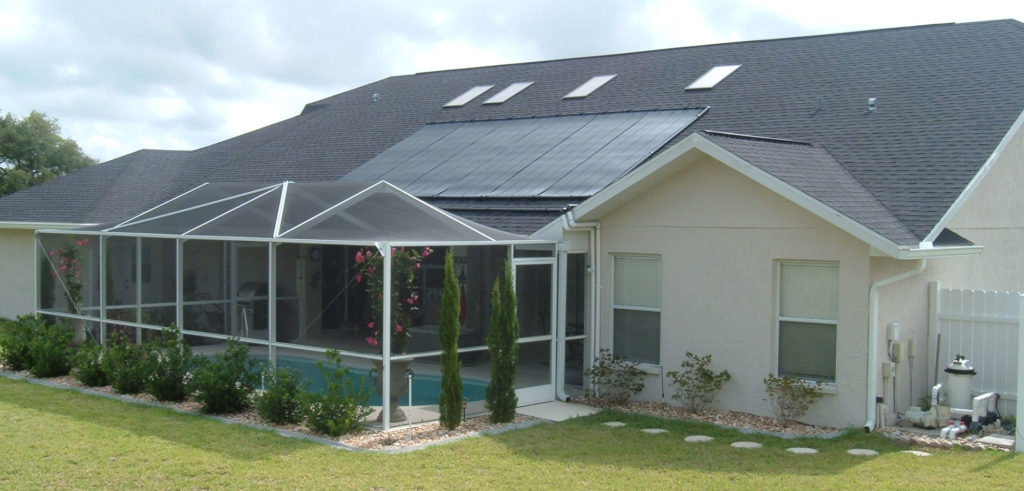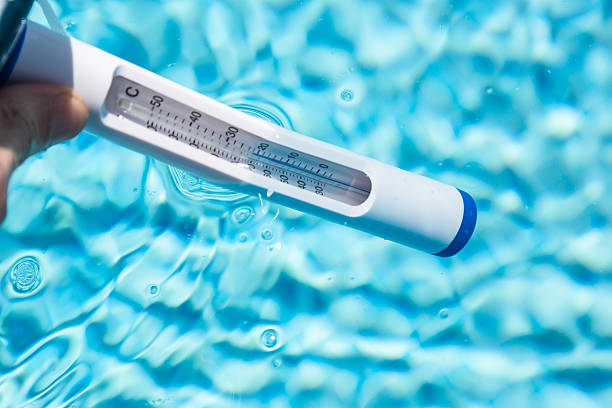Blog
Why Gas Pool Heaters?
By Admin | Jul 21, 2020
Why Gas Pool Heaters?
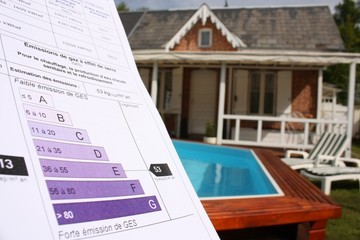
How They Work
Gas pool heaters usually use propane and natural gases. As the pump circulates the pool’s water, the water drawn from the pool passes through a filter and then to the heater. The gas burns in the heater’s combustion chamber, producing heat that transfers to the water that’s returned to the pool.
They’re most effective when heating pools for a short time, and they’re ideal for quickly heating pools. Hence, gas pool heaters can be a good option for pools that aren’t used regularly. Unlike heat pump and solar pool heaters, gas pool heaters can maintain any desired temperature irrespective of the weather or climate.
Choosing a Gas Pool Heater
When picking a swimming pool heater, you ought to consider the following:
- Size
- Efficiency
- Costs
Sizing a Gas Pool Heater
You should have a trained pool expert perform a proper sizing analysis for your specific swimming pool to determine pool heater size.
Sizing a gas pool heater encompasses many factors. Fundamentally, a heater is sized according to the pool’s surface area and the difference between the pool and the average air temperatures. Other factors also affect the heating load for outdoor pools, like wind exposure, humidity levels, and cool night temperatures. Hence, pools located in areas with higher average wind speeds at the pool surface, lower humidity, and cool nights will require a larger heater.
Gas pool heaters are valued by Btu (British thermal unit) output. Outputs range from 75,000 Btu to 450,000 Btu.
To calculate an estimated heater size for an outdoor swimming pool, follow these steps:
- Determine your needed swimming pool temperature.
- Determine the normal temperature for the coldest month of pool use.
- Deduct the average temperature for the coldest month from the desired pool temperature. This will give you the temperature rise needed.
- Calculate the pool surface area in square feet.
- Apply the following formula to determine the Btu/hour output requirement of the heater:
- Pool Area x Temperature Rise x 12
- This formula is based on 1º to 1-1/4ºF temperature rise per hour and a 3-1/2 mile per hour average wind at the pool surface. For a 1-1/2ºF rise, multiply by 1.5. For a 2ºF rise multiply by 2.0.
Determining Efficiency of a Gas Pool Heater
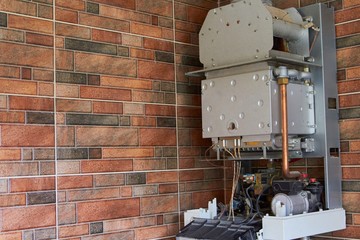
Heater efficiency is the ratio of operational output to energy input. For instance, an 80%-efficient heater uses $80 worth of useful heat for every $100 worth of fuel. Thus, it wastes 20% of the fuel.
A lot of gas pool heaters feature their efficiency percentage on their nameplates. A pool heater’s manufacturer can also offer its efficiency percentage.
Installation and Maintenance
Proper installation and maintenance of your gas pool heater can enhance its efficiency. It’s best to have a qualified pool expert to install the heater and even perform complicated maintenance or repair tasks.
Read the manual for a maintenance schedule or commendation. You’ll probably have to tune up your pool heater yearly. Also, scaling in the burner or heat exchanger may lower efficiency over some time.
With proper installation and maintenance, gas pool heaters usually last five or more years.
Resources and References:
Contact us today
We’re here to help you! Contact our support line during business hours (8am-4pm ET)

